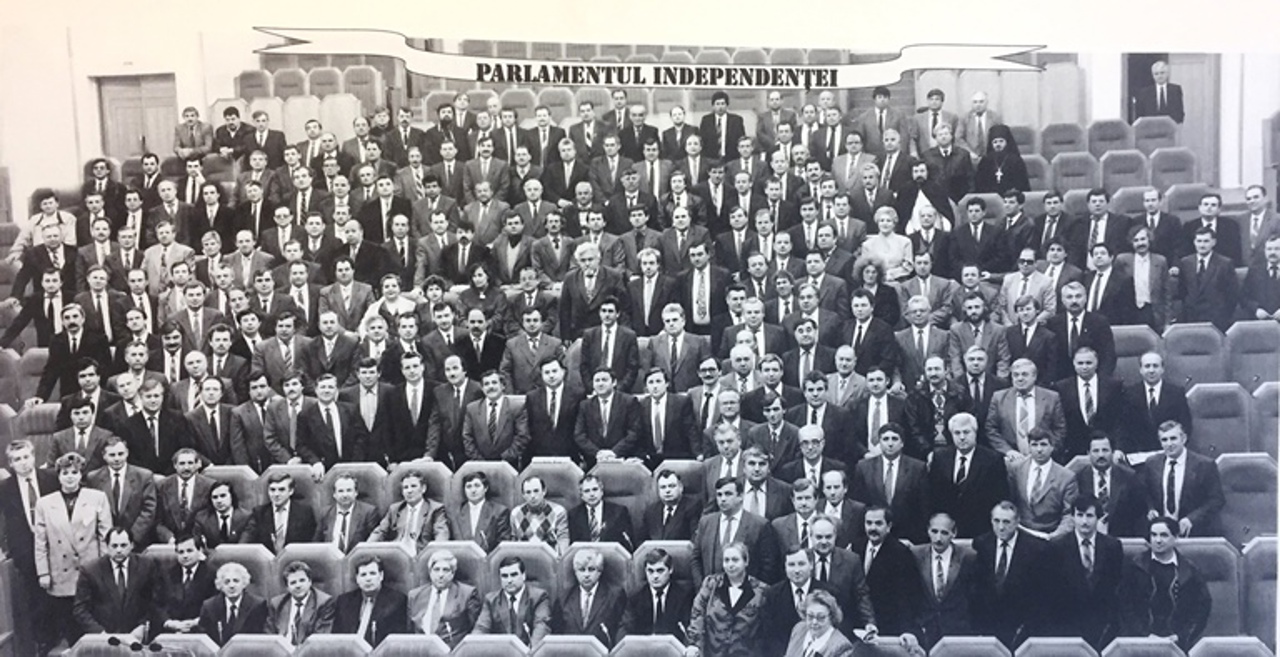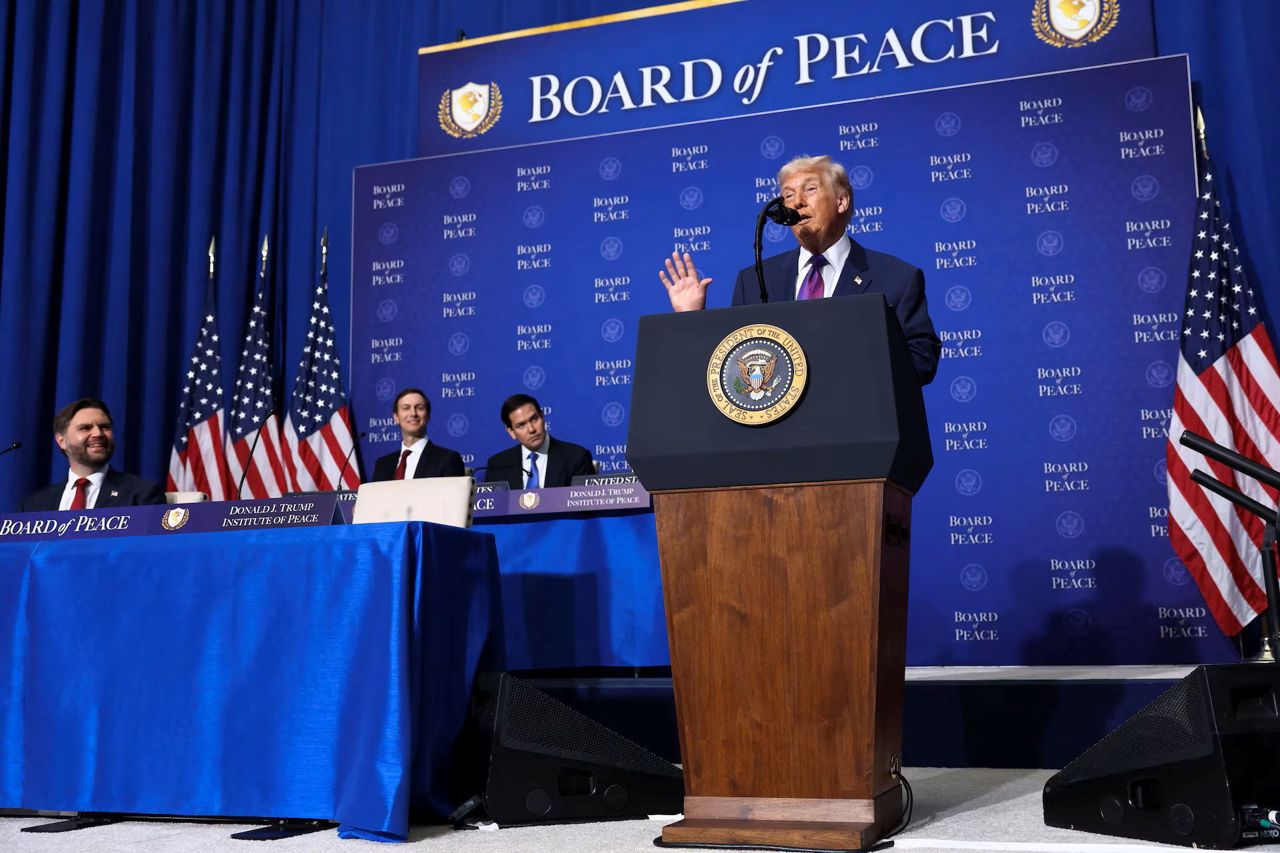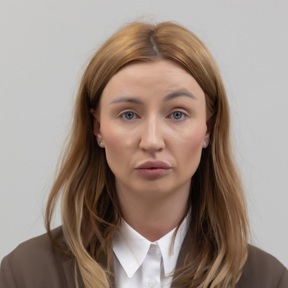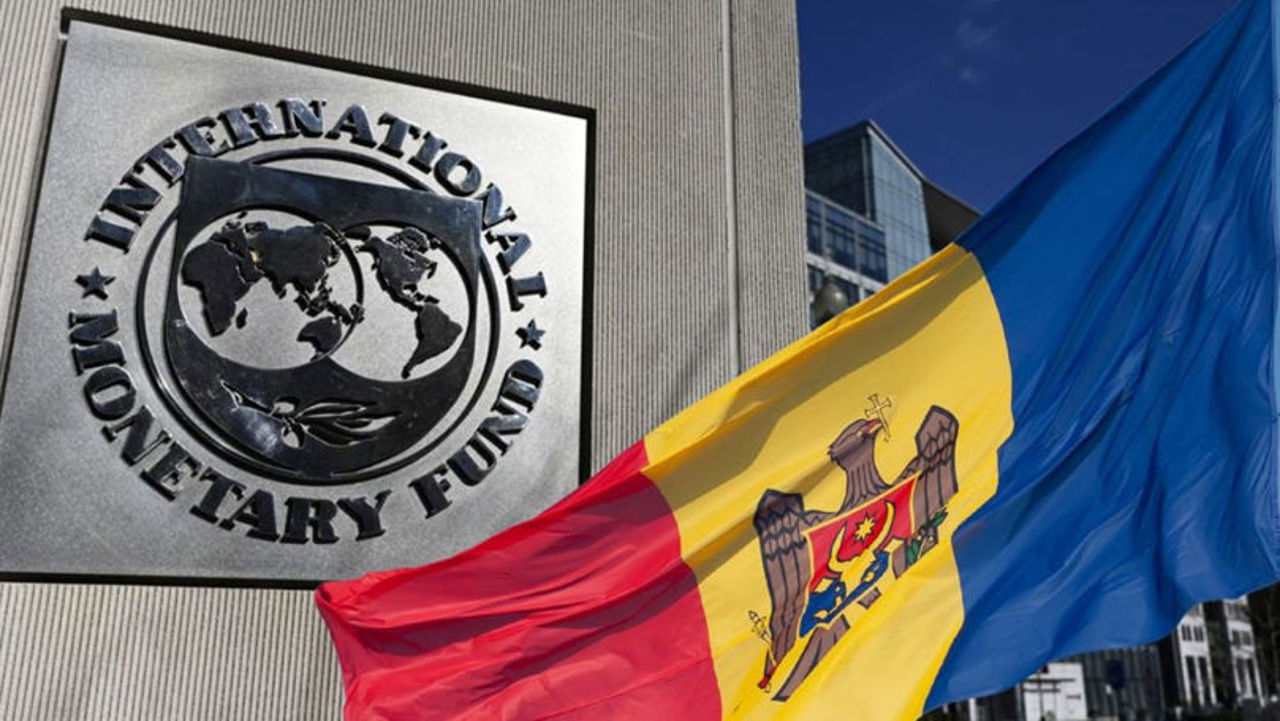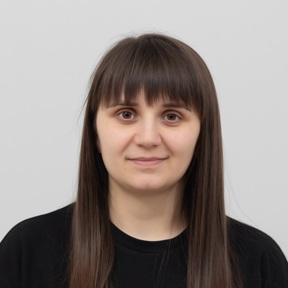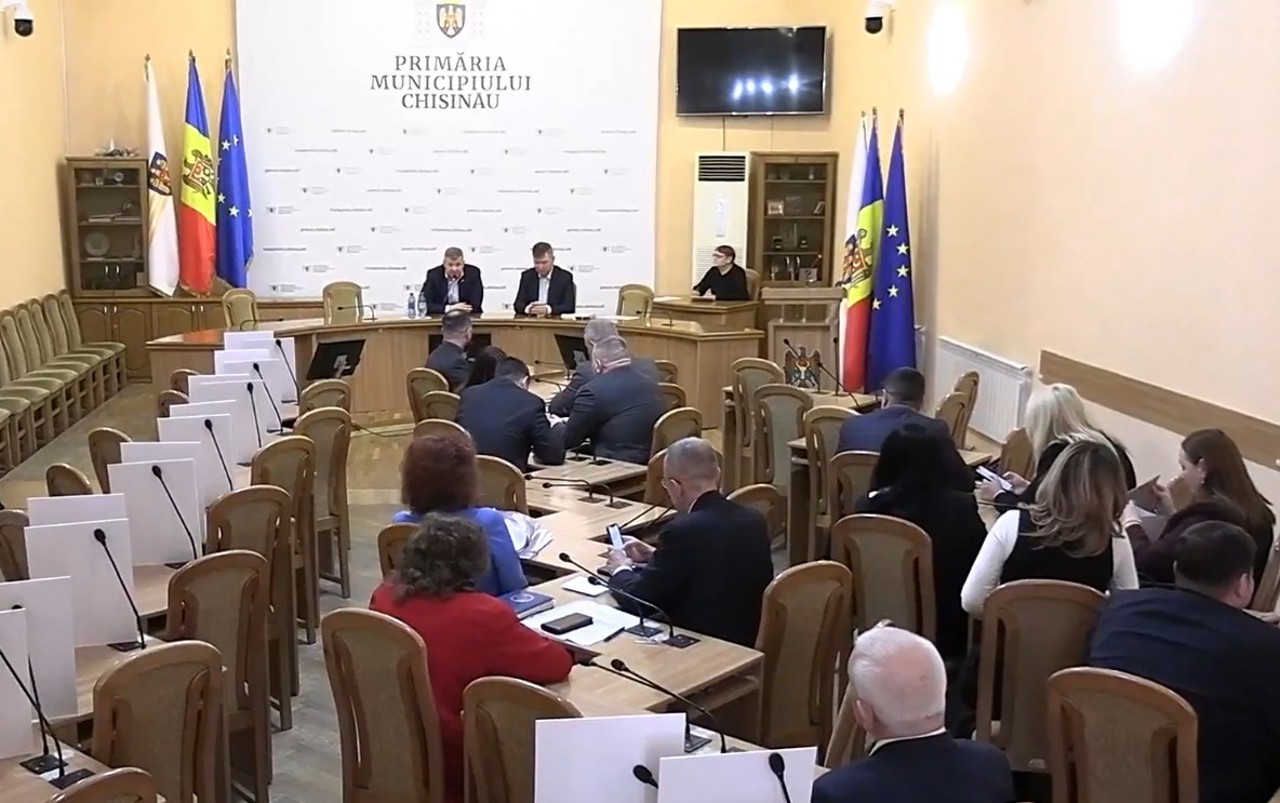How Moldova gained independence from the Soviet Union
Thirty-two years ago, on 27 August 1991, following the Moscow coup, the Republic of Moldova declared its independence, "in view of the millennial past of our people and its uninterrupted statehood in the historical and ethnic space of its national development", as stated in the Declaration of Independence.
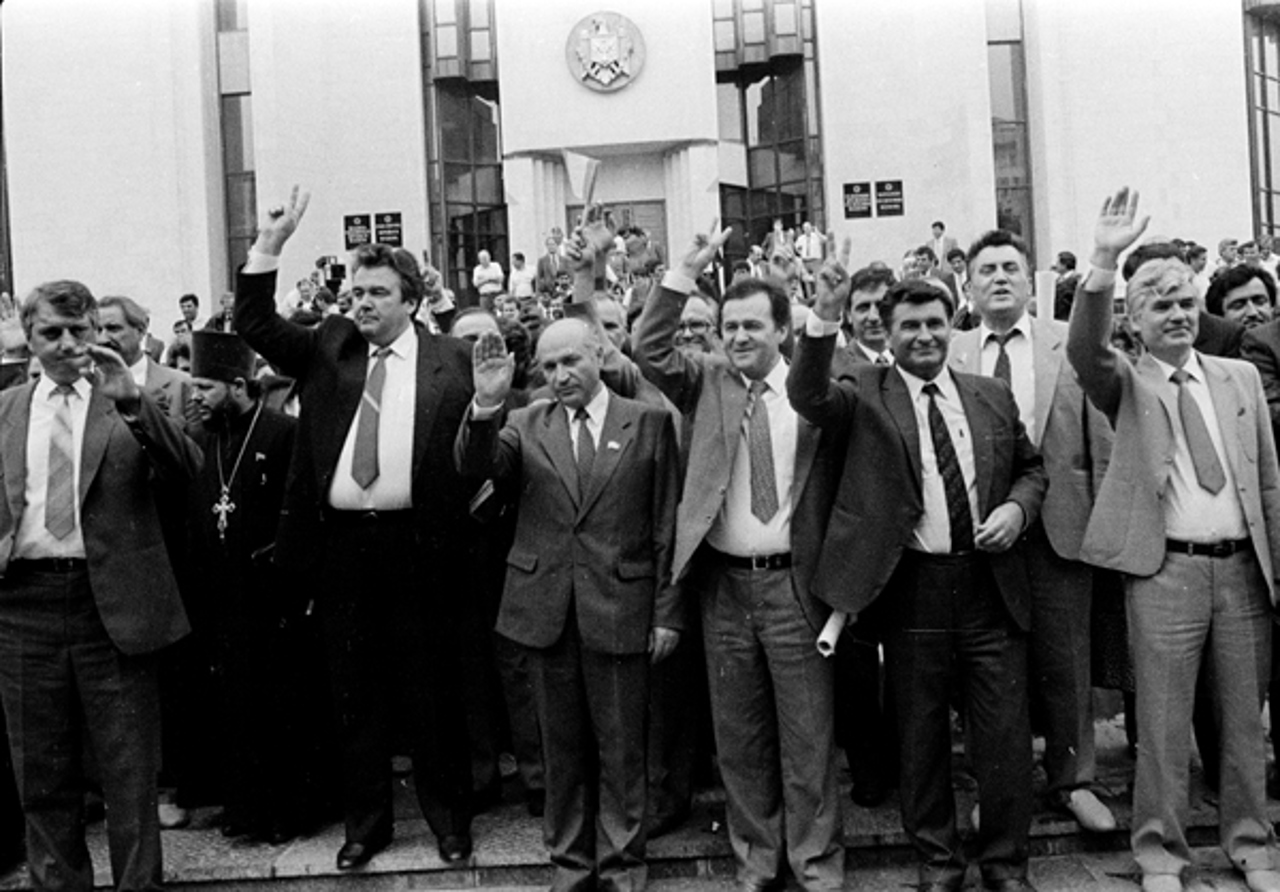
This founding act of the Republic of Moldova on 27 August 1991 is marked every year as the National Day of the Republic of Moldova or Independence Day.
The event was preceded by the adoption of the Declaration of Sovereignty on 23 June 1990 and the non-participation, despite pressure, in the referendum on maintaining the USSR on 17 March 1991.
Declaration of Independence, the founding act of the Republic of Moldova
The Declaration of Independence was signed by 278 out of 380 nominally elected MPs, according to constituencies. Although there was an enormous desire to keep the Moldovan Soviet Socialist Republic within the USSR, the success of the national movements of the late 1980s was undeniable.
The Great National Assembly of 27 August 1989 was attended by some 750,000 people who demanded the declaration of Romanian as the state language of the Moldovan SSR and a switch to Latin script. Under pressure from the street, the Supreme Soviet of the MSSR adopts laws on 31 August 1989 declaring the Moldovan language a "state language" and recognising the linguistic unity of the Romanian and Moldovan languages, stipulating a switch from the Cyrillic to the Latin alphabet. And the August 1991 demonstrations culminated in the declaration of Independence.
"As a sovereign and independent state, the Republic of Moldova APPLIES to the United Nations for full membership in the world organisation and its specialised agencies; DECLARES its readiness to accede to the Helsinki Final Act and the Charter of Paris for a New Europe, and requests to be admitted with equal rights to the Conference on Security and Cooperation in Europe and its mechanisms; ASKS the Government of the Union of Soviet Socialist Republics to enter into negotiations with the Government of the Republic of Moldova to end the illegal state of occupation of the Republic of Moldova and to withdraw Soviet troops from the national territory of the Republic of Moldova", the Declaration of Independence states.
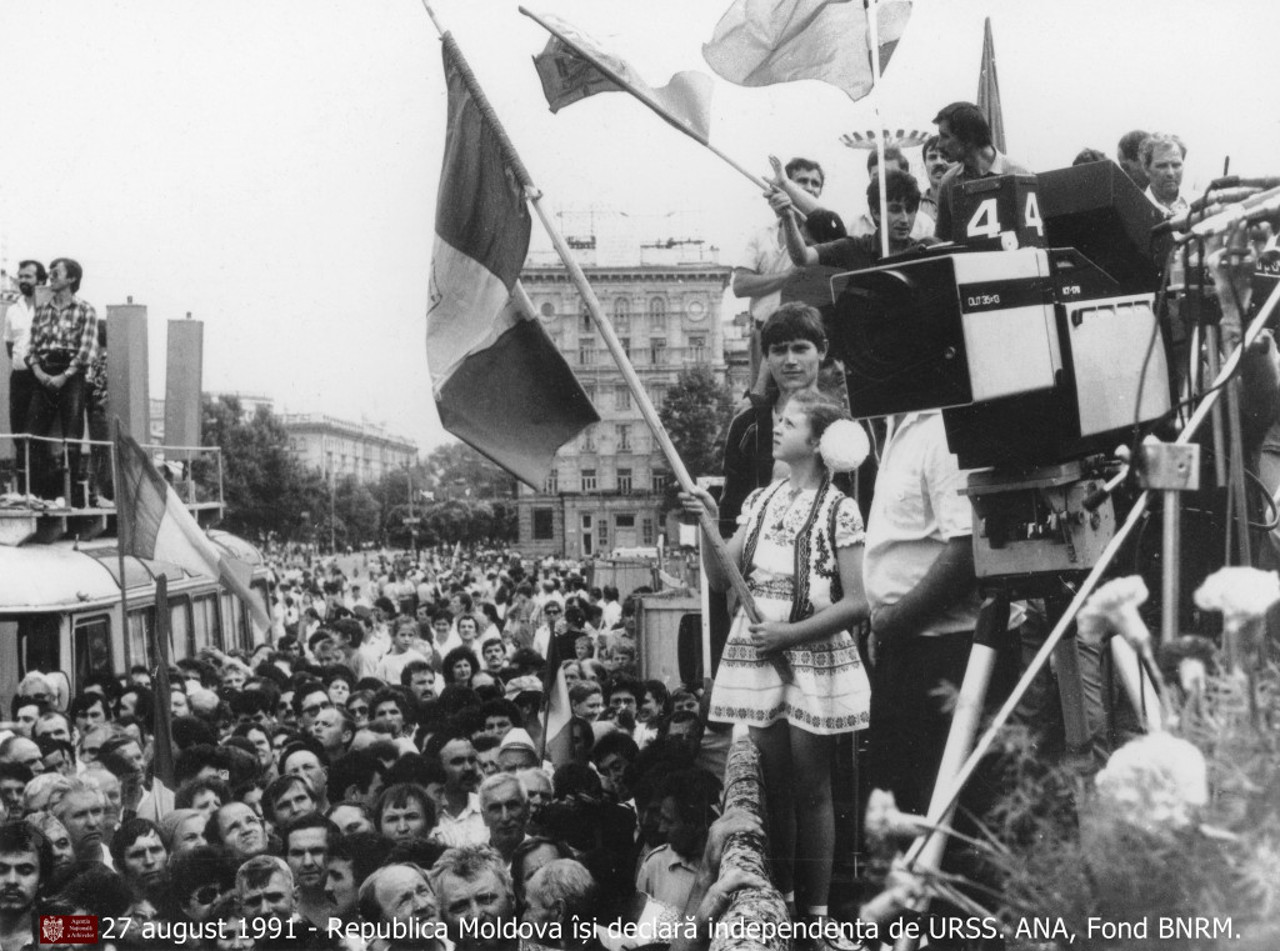
After the August 1991 coup, real conditions for the declaration of independence of the Republic of Moldova emerged.
By the evening of 26 August a draft text was ready
Political realities had split the first Parliament into three political groups with divergent orientations. The Orthodox Communists and the majority of national minority representatives were vehemently in favour of preserving the USSR. A large part of the agrarianists, deeply affected by the events in Moscow, had suddenly become supporters of independence. The Democratic group consistently advocated union with Romania, putting forward historical and legal arguments in favour of its choice.
It took only two days to find a compromise. How the negotiations between the leaders and factions went on 23, 24, 25 and 26 August will be written for many pages to come. One thing is clear, by the evening of 26 August a draft text had been prepared which broadly took account of the current situation, but also held out hope for another option in the future.
A Grand National Assembly was called for 27 August 1991, where the text of the Declaration of Independence was to be proposed for approval. Excitement gripped the whole republic and there were reports that a huge number of participants were expected to arrive in Chisinau the next day.
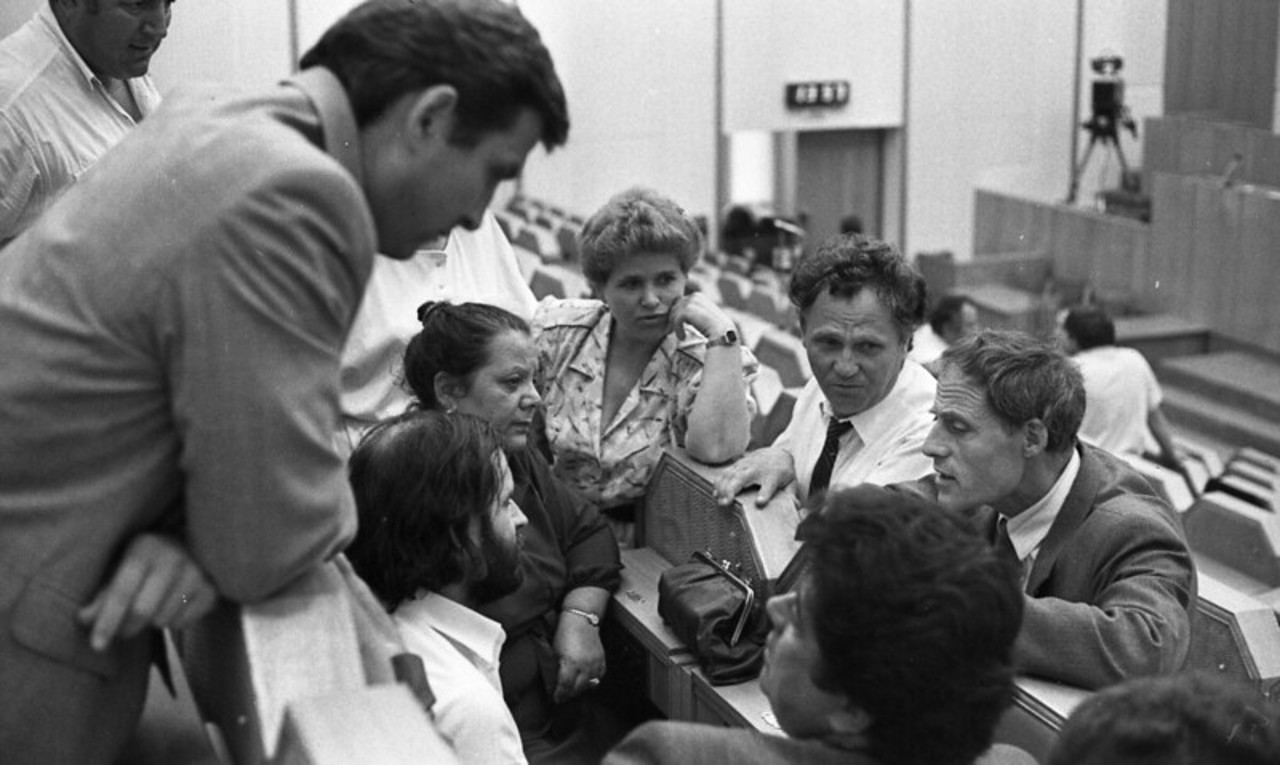
Several members of the Presidium did not want to take risks
When the text of the draft was read out at the Parliamentary Presidium, historian Ion Turcanu exclaimed pathetically that it was a declaration of union and that the historical section said nothing about the eastern districts.
Several members of the presidium sulked and did not want to take risks. Alexandru Mosanu, the Speaker of the Parliament, understood that we were on the brink of a catastrophe. Less than 12 hours later, the Grand National Assembly was due to start approving the declaration, and the Presidium did not even have an approved text. Then, Mr Mosanu had the inspiration to force the working group to refine the draft, taking into account the observation made.
"Mr. Mosanu, an ocean of people is already near the Institute of Medicine
This is how one of the authors of the draft declaration, Vasile Nedelciuc, remembers these vibrant moments in an interview for "Ziarul de Gardă":
"In the morning, members of the Presidium gathered again, but the Square was still empty. Moșanu is late in calling the meeting, he is afraid that the members of the Presidium will not accept the text of the Declaration again and he keeps sending to see if people will come to the Square. The organizers of the Great National Assembly had given instructions for people to come to Chisinau as early as possible, to make it a memorable, festive, celebratory event. We were informed that delegations were coming from all directions, from the Telecentre, from Balti, Straseni, but they had not yet reached the centre of Chisinau. And Moșanu said: "Tell your colleagues to have another cigarette, have a tea, a coffee..." Well, we were dragging our feet. I think it was already around 8:00 a.m., when someone from the security came: "Mr. Mosanu, an ocean of people is already near the Institute of Medicine, and on the hill at the crossroads with Mateevici Street there are many people, with placards, with songs..."
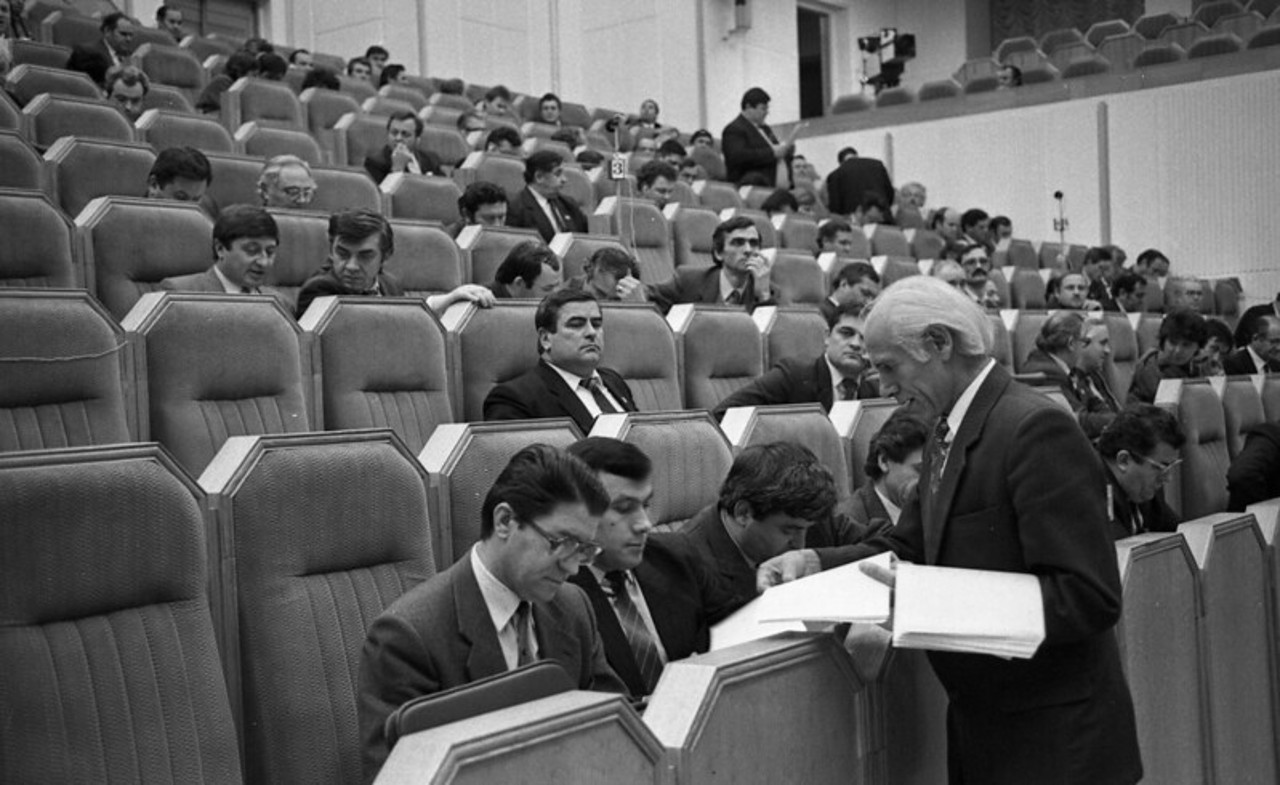
All the members of the Presidium understood that people were already waiting for the Declaration of Independence
"And then Mosanu says: "Let them in!" And the members of the Presidium entered. By the time they were seated, we were distributing the text of the Declaration of Independence. Again everyone reads, dead silence, no one says a word. Mosanu says there's no air, open the windows. And the Square begins to be heard, the atmosphere is unforgettable, while one of the people around the table, standing up, looks at what is happening there... Then all the members of the Presidium understand that in the Square people are already waiting for the Declaration of Independence, not something else. To wait then for another text of the Declaration was practically impossible. And then Mosanu says: "Well, dear colleagues, I see that your observations have been taken into account, what shall we do? Do we accept the text?". And since no one said no, he continues: "Well, then we consider that we have accepted it? All in favour?". And they all slowly raised their hands and voted for it. And it was only then that it seemed as if a stone was lifted from our hearts," Vasile Nedelciuc recalls.
People listened to the text of the Declaration of Independence with bated breath
Hundreds of thousands of people, overcome with huge emotions, listened to the text of the Declaration of Independence with bated breath. The vote in favour was unanimous. The enthusiastic cheers were followed by a call for MPs to vote immediately. Thus began the historic session to adopt the Declaration of Independence. The deputies, in the order of the constituencies from which they were elected, signed the text of the historic document, thus putting a new state - the Republic of Moldova - on the world map.
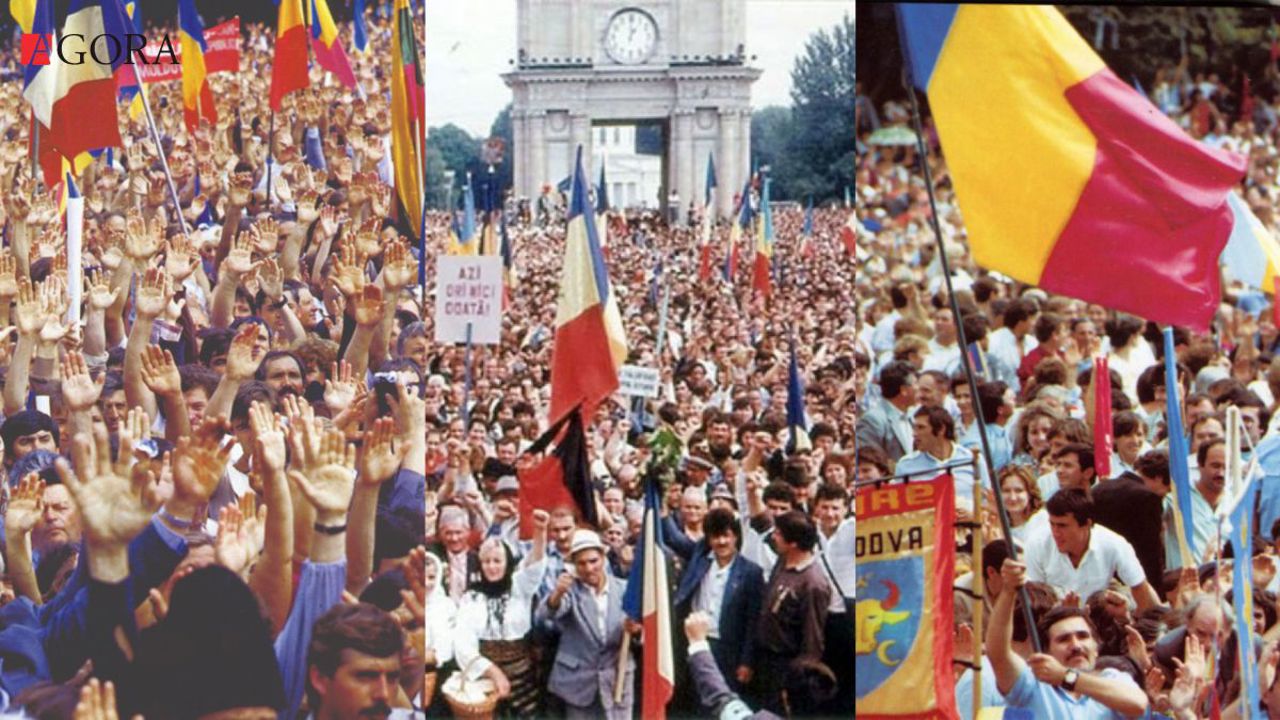
"On 7 April 2009, the original Declaration of Independence was destroyed by burning"
The Declaration of Independence has gone through several attempts at liquidation. During the communist government there were voices of the ruling party leaders calling for a revision of the coat of arms, flag and text of the Declaration of Independence. A horrible crime occurred on 7 April 2009 when the original Declaration of Independence was destroyed by burning. It seemed that the Communists' dream of getting rid of this historic document had come true. But on 26 April 2010, at a special sitting of Parliament, with the invitation of the signatories of the Declaration of Independence, the birth certificate of our state was restored.
At the insistence of the society, the General Prosecutor's Office had to prosecute case no. 2009038181, started on 19.10.2009, according to the elements of the offence provided for in Article 329 para. 2 lit. b, Criminal Code, concerning negligence resulting in the destruction of the original Declaration of Independence and the original Constitution of the Republic of Moldova.
In the best traditions of the local Prosecutor's Office, even though 12 years have passed since the crime was committed, society has still not been informed of the fate of this case.
The birth certificate of the Republic of Moldova is unique and intangible
Several generations of Moldovan politicians have tried to diminish the importance of the Declaration of Independence. Each legislature believes that history begins with them. But one thing is certain. Constitutions, international acts, organic laws and much more can be partially or completely changed.
The birth certificate of the Republic of Moldova is unique and intangible. And the basic idea that we are free to decide our "present and future, without any interference from outside, in accordance with the ideals and sacred aspirations of the people in the historical and ethnic space of its national becoming" is a wide open door to the future, a political and moral testament of a generation of sacrifice.
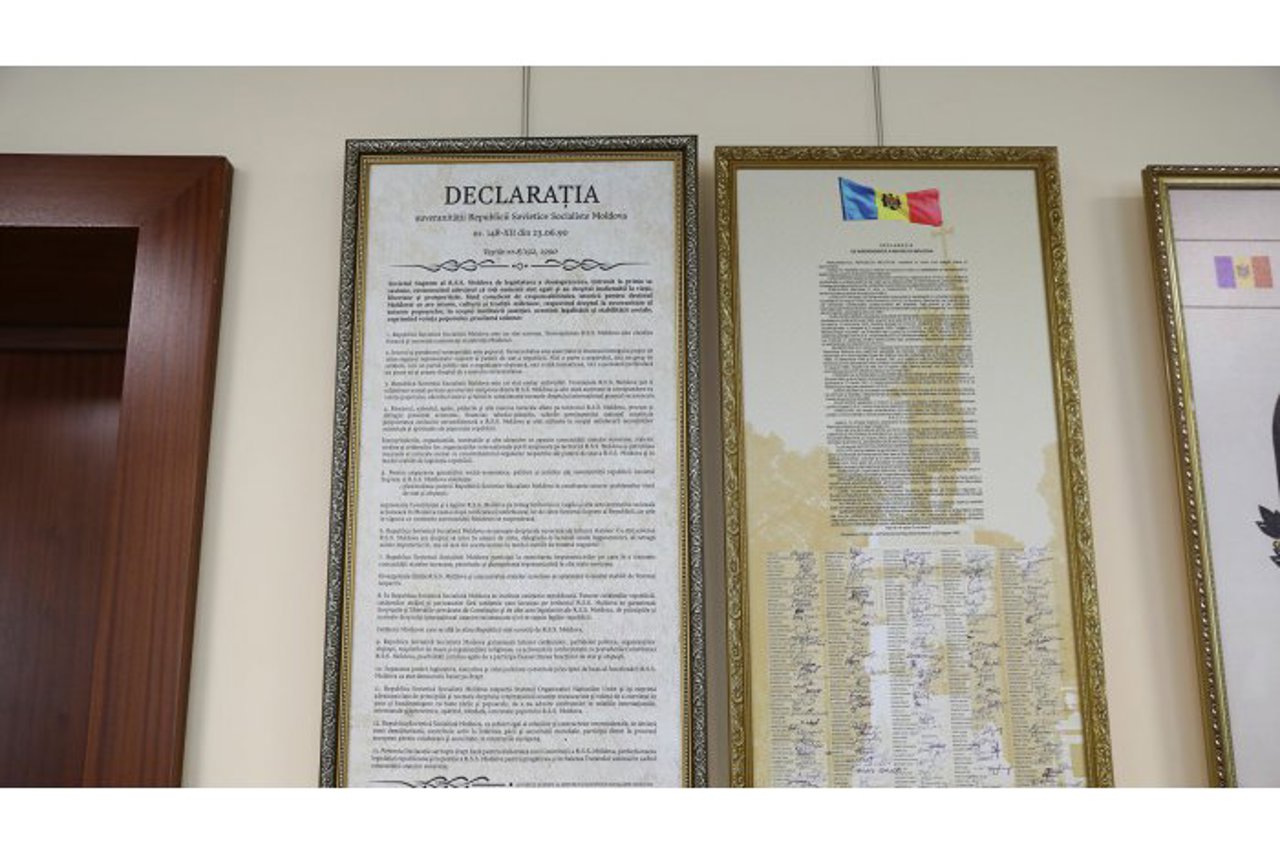
A few hours after the declaration of independence, Romania officially recognises the independence of the Republic of Moldova.
On 21 December 1991, the Republic of Moldova signed the Act establishing the Commonwealth of Independent States, and in 1992 the Republic of Moldova became a member of the United Nations.
In 32 years, the Republic of Moldova has travelled a winding road, gone through a war, been torn apart by corruption, poverty and massive exodus (in 1991 it had 4.3 million and was left with 2.8 million, including the population on the left bank of the Dniester), so that today, on its anniversary, it is counting its modest achievements and resounding failures.
Happy Birthday, Republic of Moldova!
Whatever they say, the most precious capital is the people - at home or in the four corners of the world, divided or united by different political visions, hardened or bankrupt, they are indestructibly linked to this land.
They represent, in a few generations, those who have built and continue to build what the Declaration of Independence essentially expresses.
Let us always live up to it. Confident that perhaps the most important chapter of our destiny still lies ahead.
Happy Birthday, Republic of Moldova!
